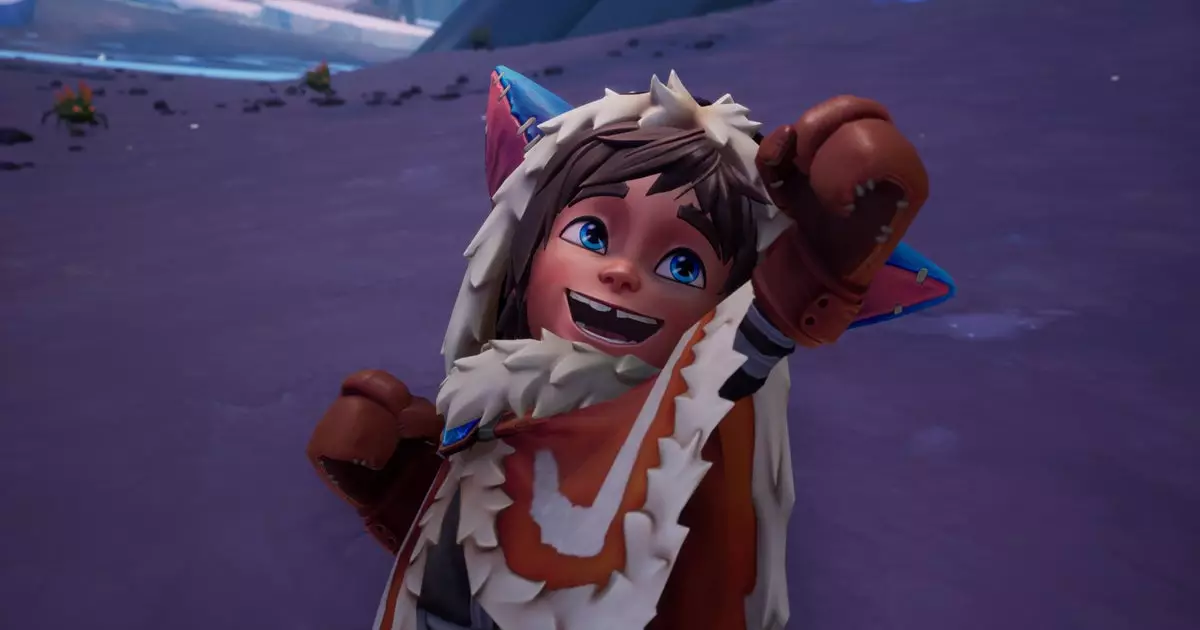Tequila Works, a Spanish video game development studio, has recently made headlines not for their acclaimed design or innovative storytelling, but for a difficult decision that has affected its workforce and creative portfolio. Known for their emotionally resonant titles such as *Rime* and *The Sexy Brutale*, Tequila Works has faced a financial crunch that has led to the cancellation of an unannounced game and a restructuring process resulting in layoffs. This development raises critical questions regarding the stability of indie studios and their capacity to navigate the ever-evolving gaming landscape.
The Context of Game Development Challenges
The gaming industry, particularly for independent developers, often operates on precarious financial ground. Games are not just products but are steeped in artistic vision and emotional investment, making failures intensely personal for creators. With the rise of massive gaming franchises and budget-heavy AAA titles, smaller studios like Tequila Works find it increasingly difficult to secure funding and attract a large player base. Although their previous work has garnered critical praise, their latest offering, a *League of Legends* spin-off titled *Song of Nunu*, may not have brought the success they hoped for, further complicating their financial situation.
The restructuring announced by Tequila Works signifies an effort to streamline operations and focus on a singular project. While this may ensure a more concentrated effort on a high-stakes game, it also hints at a looming uncertainty for the studio’s future. The mention of layoffs, albeit a “small” number, paints a stark picture of the toll that financial difficulties can take on a creative environment. Employees who have devoted their time and talent to the studio face an unsettling transition, and those remaining may grapple with team morale amidst budgetary constraints.
Despite these challenges, Tequila Works has established a legacy that showcases their unique storytelling capabilities and artistic approach. Titles like *Gylt*, described as “Alan Wake for kids,” demonstrates their ability to blend emotional narratives with engaging gameplay dynamics. Such projects not only entertain but also serve educational purposes, subtly imparting lessons on problem-solving and moral dilemmas to younger audiences. It is precisely this blend of depth and accessibility that positions Tequila Works as a significant player in independent gaming.
As Tequila Works navigates this turbulent period, it remains crucial for the industry to rally support for such creative enterprises. With unique visionaries at the helm, the potential for captivating, groundbreaking experiences remains high. However, to harness this potential, the industry must find ways to support indie developers through financial assistance, mentorship, and broader audience engagement. The cancellation of a project and the accompanying layoffs serve as a reminder of the fragile ecosystem within game development, urging both fans and fellow creators to consider how they can nurture and sustain innovative voices like those at Tequila Works.
While the news of layoffs and game cancellations is disheartening, it acts as a potent reminder of the precarities within the video game industry. As we look toward the future, the hope is that Tequila Works will rebound from this setback, creating enchanting experiences that resonate just as powerfully with players as their previous titles have.

